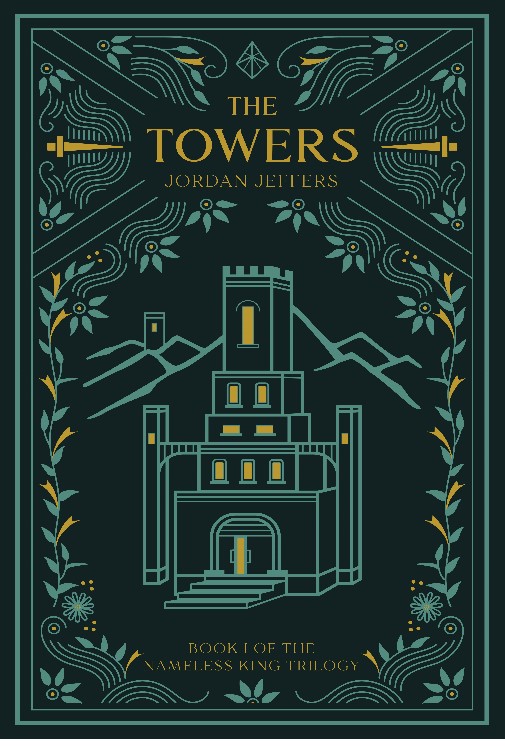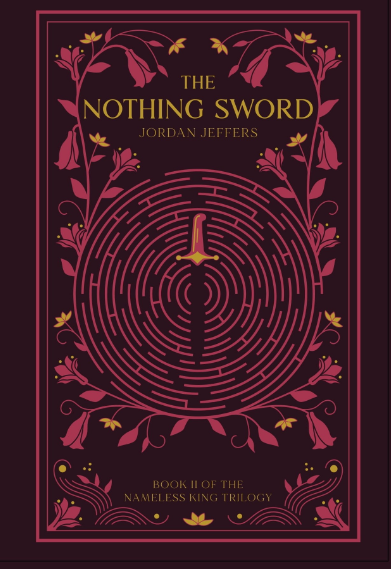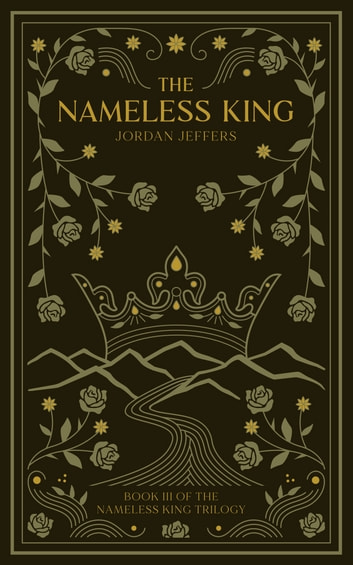Book review in one tweet
The master of Fantasy explains what the word "Fantasy" means. You'll probably think its boring, but at least it's short. #ILovedIt
Favorite quote
Faerie contains many things besides elves and fays, and besides dwarfs, witches, trolls, giants, or dragons: it holds the seas, the sun, the moon, the sky; and the earth, and all things that are in it: tree and bird, water and stone, wine and bread, and ourselves, mortal men, when we are enchanted.
Review
"On Fairy Stories" is J.R.R Tolkien's attempt to explain what fantasy is, how it works, and what it's purpose is - or rather should be - in the world. As an aspiring goblin-story writer and lover of nearly all things Tolkien, I decided to hunt it down. It wasn't easy (I had to click the third link on Google's search results page), but it was free, and that's usually my preference anyway.
(If you don't understand what that last sentence meant, it's a really oblique reference to the cliche "free and easy." In other words, I was saying that I prefer things being free to things being easy. In other words in other words, I'm cheap and trying to be clever. Look, it's an academic essay that very few of you reading this will actually care about. I'm killing space.)
I won't try to break down his whole argument here. My favorite part was definitely his term for the "Happy Ending" that accompanies the best fairy tales: "Eucatastrophe." This is a made-up word that combines the prefix "eu," which means "good," and the word "catastrophe," which here basically means "the final turn of a narrative," rather than "an utter disaster," which is how we normally use it.
At any rate, a eucatastrophe is "a sudden and miraculous grace, never to be counted on to recur." Think of Gollum destroying the One Ring, and you understand eucatastrophe. Or, better yet, think of Jesus being born, or rising from the dead. That is the ultimate example of eucatastrophe; it's the one Tolkien bases Lord of the Rings on. A sudden and miraculous grace, never to be counted on again.
This is where most of the fantasy and science fiction I read falls terribly short. There's a tendency to want to explain our lives as exhaustively as possible. (And it is exhausting. Don't you think?) And within this explanation, there is little room for sudden grace. And so we celebrate George R.R. Martin and his long line of rapes and beheadings for being "realistic." What Tolkien is trying to teach us is that this kind of "realism" is bad for us (nor is it "realistic," but that's another argument for another time). To reject the eucatastrophe "leads either to sadness or to wrath."
I like happy endings much better.
Nerd rating
8 wizard staffs (out of 10)
It takes a very special kind of nerd to appreciate this kind of work: the literary, elf-loving, Masters-degree-in-English-type nerd. If you happen to be one of those nerds, congratulations! Read the essay and enjoy a nice, dark beer. If you happen to not be one of those nerds, congratulations! Read The Hobbit again and enjoy a nice, dark beer.
Non-nerd rating
0 cold, frosty beers (out of 10)
If you are not a nerd, this is likely the most boring thing you could choose to read. Enjoy this video of Legolas killing an Oliphaunt instead.
Jordan Jeffers is in the midst of writing a novel. It will have a happy ending. Feel free to give him electronic encouragement via the little Facebook and Twitter buttons below. Peace.



